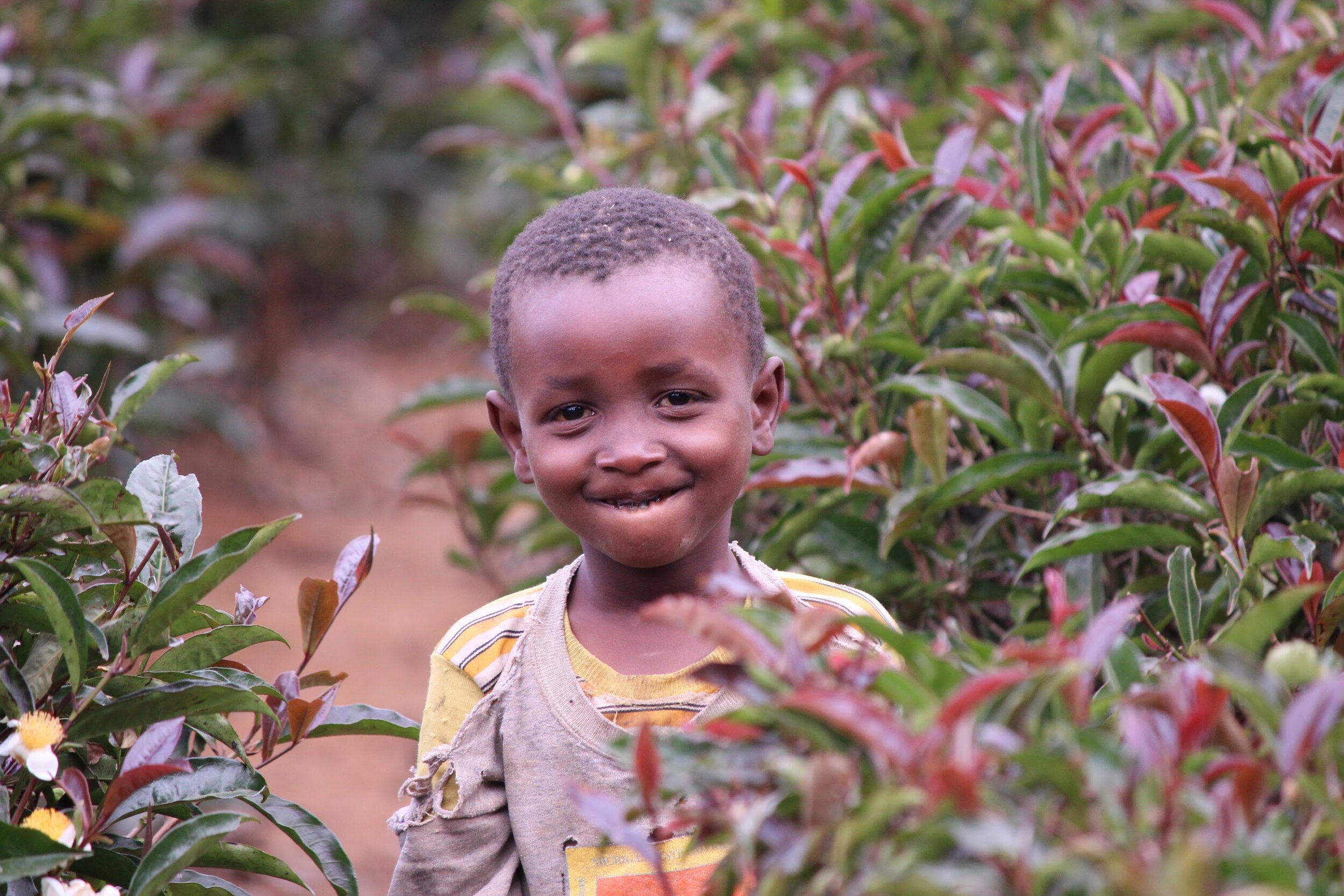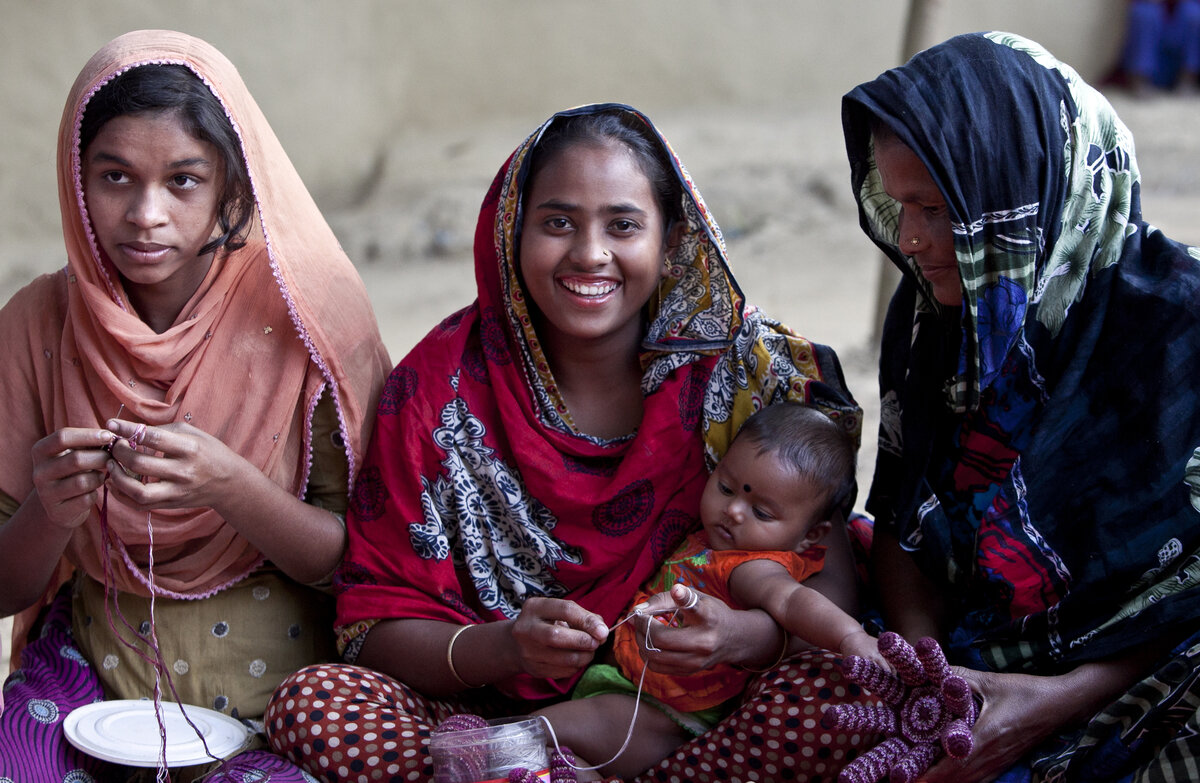What is Fair Trade? Explaining Fair Trade Principles And Why They Matter
So What is Fair Trade?
The simplest explanation of Fair Trade is that it helps sellers around the world; and particularly those in underdeveloped regions, achieve sustainable and equitable trade relationships. Practically, this means that workers are being paid fairly for their work and are working in a safe environment. More specifically this means that the business is following Fair Trade principles, which include:
No child labor or forced labor
Fair pay for work - giving people a way out of poverty and poor conditions
Provides good, safe working conditions
No discrimination for race, gender or sexuality
Provides opportunities for disadvantaged producers
Respects the environment
Additional facets of Fair Trade practices, as outlined by the World Fair Trade Organization, also include creating transparency and accountability within working relationships, building capacity, and promoting Fair Trade practices.
In many global supply chains, producers are taken advantage of because they are not in a position of power to negotiate. Because of this unequal power dynamic, some organizations are able to take advantage of these people and pay them less than their labor is worth, trapping them in poverty as well as unsafe and unethical working conditions. By only dealing with organizations that practice the above Fair Trade principles, we give power back to the producers and support sustainable livelihoods and practices.
Why Fair Trade Matters
Fair trade practices change lives through changing trade. Recent estimates for global poverty indicate that 736 million people live on less than $1.90 a day. By working with Fair Trade craftspeople and artists, we ensure that workers get paid a fair wage for their work. In fact, artists and craftspeople who are provided fair wages through Fair Trade practices often make anywhere from 3-5 times as much money for their work. This is potentially the difference between someone being able to live in humane living conditions and feed their family - and in our minds, that is something worth investing in.
We believe that Fair Trade is the best way to help reduce global poverty and support the wellbeing of artists and craftspeople around the world. Additionally, it encourages the creation of more art. At AEED we believe that art is intrinsically tied to culture and that artistic expression is an essential part of the human experience. For as far back as we have historical records of people, remains have also shown that art has been inseparably interwoven in the history of every culture around the globe.
Lastly, Fair Trade is a small step we can take to protect the environment. With climate change a top concern, we choose to work with craftspeople and artists who use ethically sourced and renewable goods that value the beautiful planet we all call home.
Are All of AEED’s Partners, Artists, and Craftspeople Fair Trade Certified?
There are several recognized Fair Trade certifiers such as Fairtrade International, IMO, Make Trade Fair, Eco-Social and Fair Trade USA. All of these organizations essentially offer a path for sellers to become certified as “fair trade”. This certification makes it easy for the average consumer to trust that they aren’t supporting a system which takes advantage of workers.
However, these certifications can be relatively expensive and are far more practical for conglomerations, such as a group of farmers. The individuals and small organizations we work with at AEED, are often not ‘certified’ Fair Trade organizations because the cost of certification is simply too high for them to justify. We support the efforts to certify Fair Trade products for broad consumer use, but think that the objectives of Fair Trade - helping people climb out of poverty and ensuring they are able to work in safe conditions - is the important piece, whether the sellers can afford to be certified or not.
AEED is one of the few Fair Trade marketplaces that supports a broad range of artists - our shop features everything from jewelry and blankets to handmade children’s toys and culinary kits. We hope you will join us in supporting art and artists around the world. You can check out our shop here.
AEED’s Mission and Impact Model
The Alliance for Ethical Economic Development (AEED) lifts developing communities out of poverty through practicing Fair Trade principles and directly supporting skilled artists and craftspeople, nonprofit organizations, and small businesses in 32 countries around the world, in addition to 17 cities within the United States.
Our Impact Model is two-fold:
AEED’s online shop carries highly curated, unique, premium quality items sourced from skilled Fair Trade artists and craftspeople around the world.
Donations to AEED and proceeds from our online store are used to create grants and loans to invest in launching future artist communities that can continue to create ethical working conditions and development.
Ways to Support AEED and Our Fair Trade Artists and Craftspeople
Click here to make a tax deductible donation directly to AEED.
As a registered 501(c)3 nonprofit, all AEED donations and proceeds go directly toward our mission of bolstering and creating ethical and sustainable economic opportunities in developing communities.
Shop our currently featured collections of:
Ethical Jewelry Lines that are restoring hope to female victims of human trafficking throughout Asia.
Stoneware Ceramics that are creating ethical working opportunities in Vietnam.
Hand Crafted Terrariums that upcycle glass from dilapidated and deconstructed buildings in Detroit, Michigan.
Raise them Kind collection of children’s items that are all ethically produced. Our collection for the kiddos includes organic handmade dolls and rattles, handwoven blankets, mommy and me bracelet sets, stuffed animals made from the softest fibers, and more.
Coffee Roasts that feature a full range of ethically sourced roasts and flavors, including a very special Black and female owned line that works exclusively with women coffee producers from around the world.
Organic Teas that are working to reinvent farming practices in Kenya so that locals are equitable partners in their life’s work.
Shop by category:
Visit our website to find more information about AEED’s Founding and Global Footprint.






